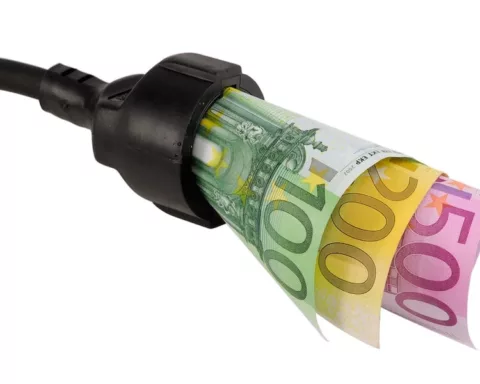The measure will help Estonia reach its renewable energy targets and will contribute to the new European objective of achieving climate neutrality by 2050, without unduly distorting competition.
The Estonian scheme
Estonia notified the Commission of its intention to amend its current support scheme for electricity produced from renewable sources and efficient co-generation. The existing scheme was approved by the Commission in December 2017, and is due to expire at the end of 2020.
The new modified scheme, with a budget of around €450 million, will be applicable for 10 years from the date of this decision.
Renewables installations benefitting from the scheme will receive support in the form of a premium on top of the electricity market price. The premium will be set through a competitive bidding process and cannot be higher than the difference between the average production cost for each renewable technology and the electricity market price.
With a view to reach Estonia’s renewable targets in a cost efficient manner, the modified scheme will allow Estonia to organise multi-technology tenders. Compared to the existing scheme, tenders will not only be organised for new renewable installations, but also for existing power plants intending to switch from fossil fuel to biofuel as a result of the support. This aims at incentivizing a fuel switch from fossil fuel to renewables thus helping reducing CO₂ emissions.
The Commission assessed the scheme under EU State aid rules, in particular the 2014 Guidelines on State aid for environmental protection and energy.
The Commission found that the aid is necessary and has an incentive effect, as electricity prices do not fully cover the costs of generating electricity from renewable energy sources. Furthermore, existing installations will be required to apply for the aid before they start co-firing renewable fuels, while new installations can start works only after having been selected in the tender.
The aid is also proportionate and limited to the minimum necessary, as it only covers the negative difference between the market price of electricity and the production costs. In this respect, the scheme ensures that this will be case even if market prices rise unexpectedly.
Therefore, the Commission concluded that the Estonian measure is in line with EU State aid rules, as it promotes the generation of electricity from renewable sources, in line with the European Green Deal, without unduly distorting competition.
Background
The Commission’s 2014 Guidelines on State Aid for Environmental Protection and Energy allow Member States to support the production of electricity from renewable energy sources, subject to certain conditions. These rules aim to help Member States meet the EU’s ambitious energy and climate targets at the least possible cost for taxpayers and without undue distortions of competition in the Single Market. The Renewable Energy Directive established an EU-wide binding renewable energy target of 32% by 2030.
The non-confidential version of the decisions will be made available under the case numbers SA.53347 in the State aid register on the Commission’s Competition website once any confidentiality issues have been resolved. New publications of State aid decisions on the internet and in the Official Journal are listed in the State Aid Weekly e-News.





